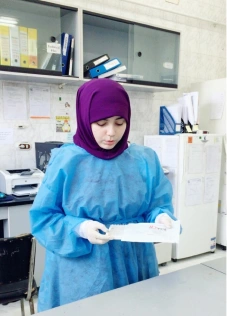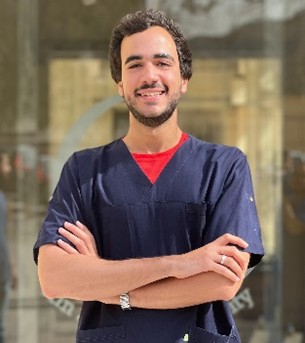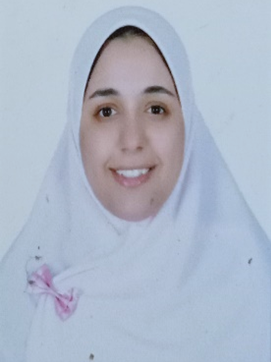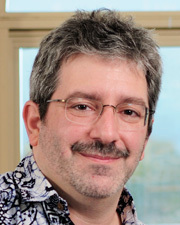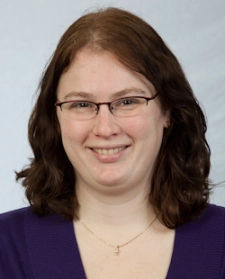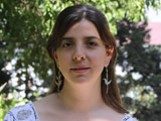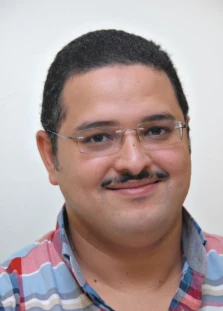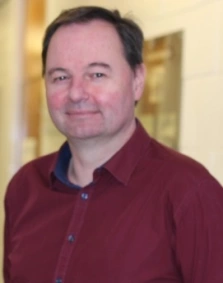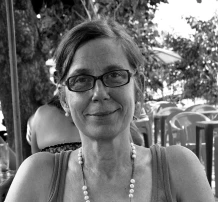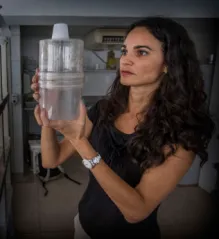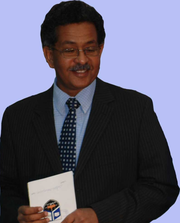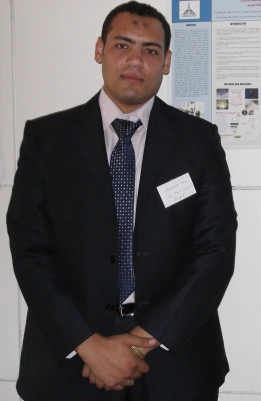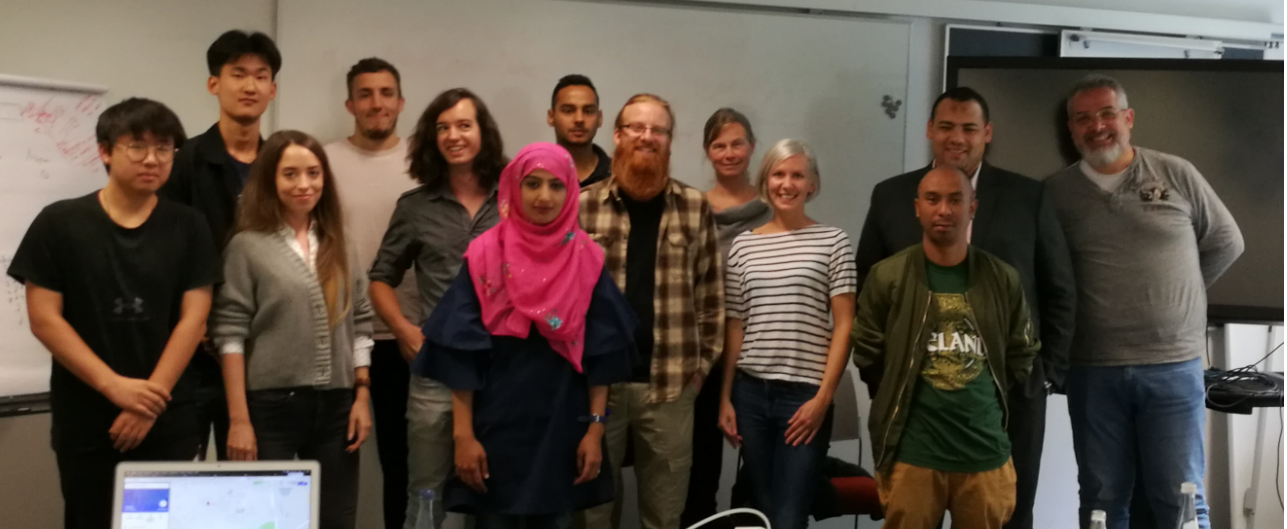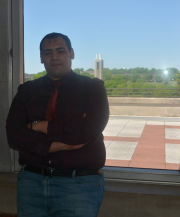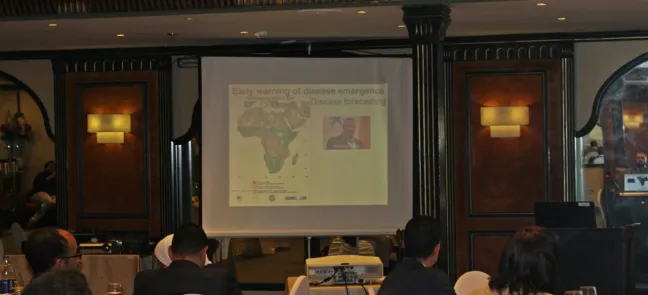Introduction
The One Health Unit at the Ain Shams Medical Research Institute (MASRI) has made substantial advancements over the past year, furthering its commitment to addressing complex health challenges at the interface of human, animal, and environmental health. Under the leadership of the One Health Unit team, and with the collaborative engagement of faculty, researchers, and external partners, the Unit has achieved several milestones that position it as a leader in One Health research, education, and policy development.
One Health Staff
|
Abdallah Samy, Director of the One |
|
Shaimaa Abozeid, Doctoral Student, |
|
|
|
|
|
Omar Mattar, Master student, |
|
Radwa Gamal, master’s student, |
|
|
|
|
International Partners to the MASRI-One Health Unit
| * University of Kansas (USA) | * Pasteur Institute (Tunisia) |
| * Washington University (USA) | * Pasteur Institute (Morocco) |
| * Harvard University (USA) | * Pasteur Institute (Algeria) |
| * Oxford University (UK) | * Pasteur Institute (Senegal) |
| * Liverpool School of Tropical Medicine and Hygiene (UK) | * Khartoum University (Sudan) |
| * Cambridge University (UK) | * Institute of Endemic Diseases (Sudan) |
| * University of Gottingen (Germany) | * Sokoine University of Agriculture (Tanzania) |
| * Bayreuth University (Germany) | * KEMRI Wellcome Trust Center (Kenya) |
| * Pasteur Institute (France) | * University of Abomey Calavi (Benin) |
| * Montpellier University (France) | * University of Pretoria (South Africa) |
Key Achievements
1. Research Excellence
* Vector-Borne Disease Studies: Conducted landmark studies on the distribution and public health impact of ticks, particularly focusing on Hyalomma marginatum as a primary vector of Crimean-Congo hemorrhagic fever and other pathogens in Europe (doi: 10.1371/journal.pntd.0010855). Another study investigates how climate change may impact the spread of Chagas disease in Baja California Sur. The findings identify specific areas in Baja California Sur at increased risk of disease transmission as temperatures and environmental conditions shift, highlighting the need for targeted surveillance and intervention strategies. This research underscores the role of climate change in altering disease dynamics and the distribution of vector-borne diseases in the region. (doi: 10.1111/mve.12591). The MASRI-One Health Unit demonstrated the significant larvicidal activity of two surfactants, providing a potential alternative to conventional insecticides. The findings suggest that gemini surfactants could be valuable tools for mosquito control strategies aimed at reducing the transmission risk of West Nile virus and other mosquito-borne diseases (doi: 10.1111/mve.12645). Our research in this area has provided crucial insights into vector distribution, prevalence, and host associations, as well as vector control.
* Pathogen Surveillance: Expanded surveillance of emerging zoonotic diseases, focusing on detecting bacterial, viral, and protozoal pathogens in key animal reservoirs and vector species, improving early detection and risk assessment capacities for potential outbreaks. For example, our staff provides an in-depth analysis of a chikungunya virus outbreak in Kassala state, Sudan. The study links the outbreak to the presence of Aedes mosquito vectors, primarily Aedes aegypti, which are known to transmit chikungunya, dengue, and other arboviruses (10.1016/j.parint.2022.102613). We provided also a support to local authorities such as veterinary services agency and the Armed Forces Hospital for Veterinary services.
* Interdisciplinary Collaboration: Fostered multi-institutional research projects that integrate medical, veterinary, and ecological expertise to examine health issues from a holistic perspective. These partnerships have significantly enriched our research capacity and have facilitated cross-sector knowledge exchange. The MASRI-One Health Unit works in partnership with international teams across the world to address several global concerns, including antimicrobial resistance.
2. Educational and Training Programs
* One Health Education Initiative: Launched the One Health Education Initiative, delivering training workshops and seminars on zoonotic disease management, environmental health, and cross-disciplinary research methods to medical students, veterinarians, and researchers. The program has been instrumental in building a well-informed and skilled workforce to tackle One Health challenges.
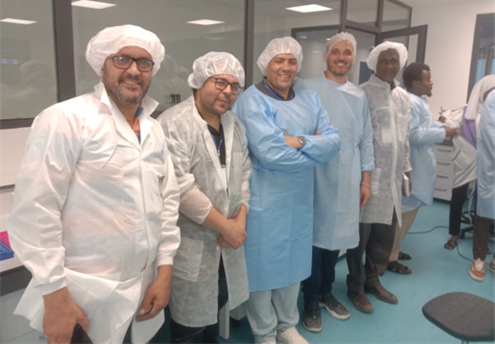 |
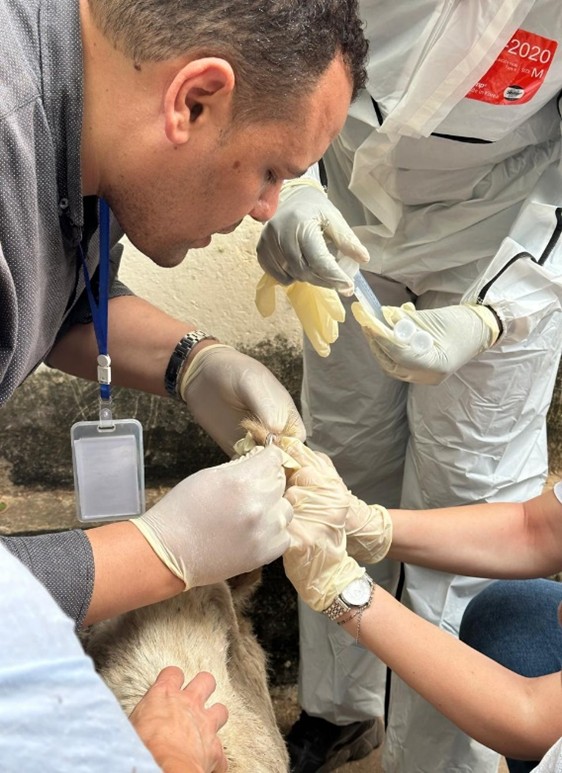 |
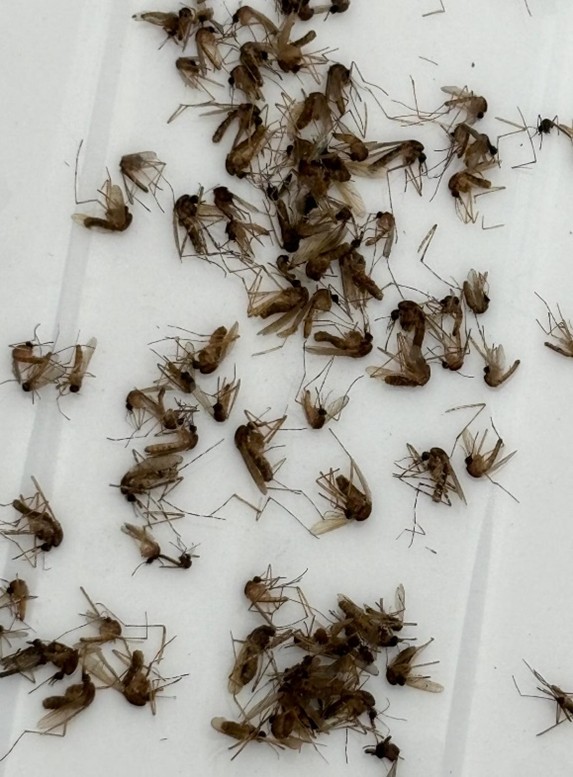 |
* Public Health Awareness Campaigns: Developed educational campaigns targeting health professionals and the public on the importance of One Health. These campaigns included interactive webinars, resource materials, and public lectures on zoonotic diseases, antibiotic resistance, and safe handling of animals and food products.
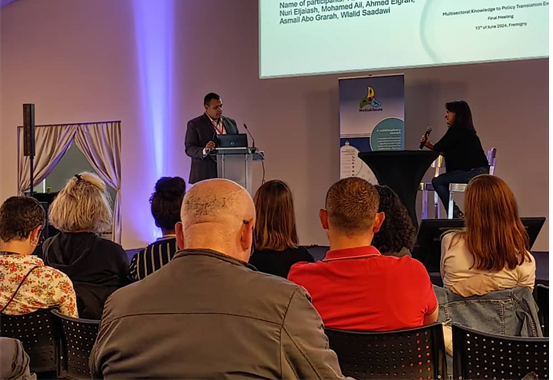 |
* Graduate Research Fellowships: Established research fellowships for graduate students interested in One Health fields, with mentorship provided by MASRI’s faculty and collaborative partners. These fellowships support emerging scholars and practitioners, equipping them to address health issues within a One Health framework. The MASRI-One Health Unit supported several students from different faculties and institutes in and outside Ain Shams University (e.g., Omar Mattar, Radwa Gamal, Shaimaa Abozeid, Seyma celina, Ali Napo, Zossou Gandonou Alban).
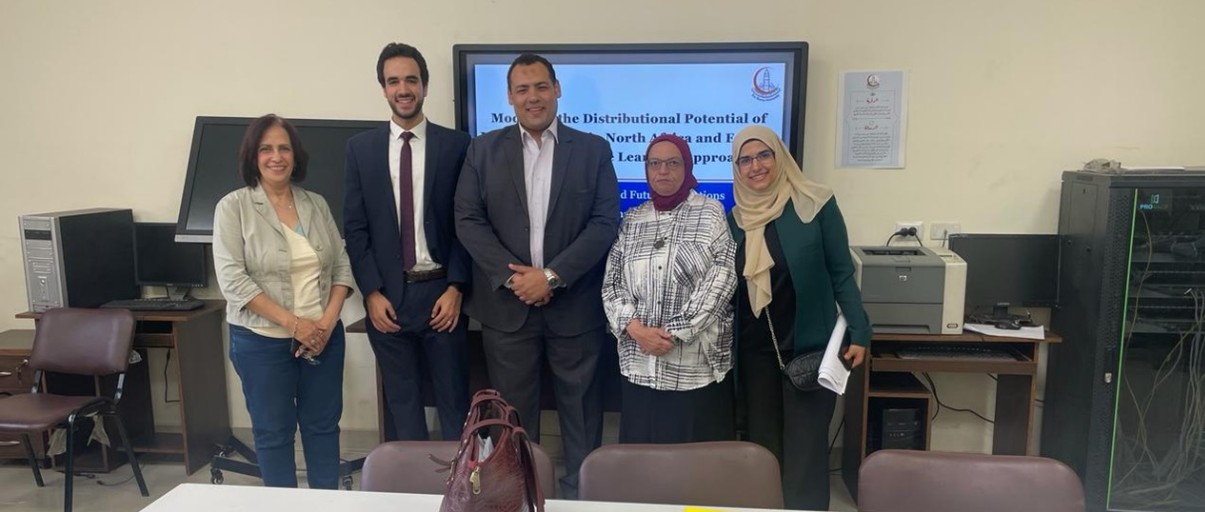 |
3. Policy Contributions and International Recognition
* Policy Advisement: Engaged with local and national health authorities to develop and support policies addressing One Health concerns, with a focus on zoonotic disease surveillance, antimicrobial resistance, and integrated health systems. The Unit’s contributions have been integral to shaping public health strategies that address cross-sectoral health risks. The MASRI-One Health Unit presents Ain Shams University at the Coalition for Epidemic Preparedness Innovations (CEPI) expert meeting in Nairobi, 4–5 June 2024 which brings public health and animal health experts, researchers, epidemiologists, modelers, regulators, funders, and decision-makers to discuss advances and gaps in epidemiology and modelling specifically relevant to human Rift Valley Fever (RVF) vaccine development (Read More).
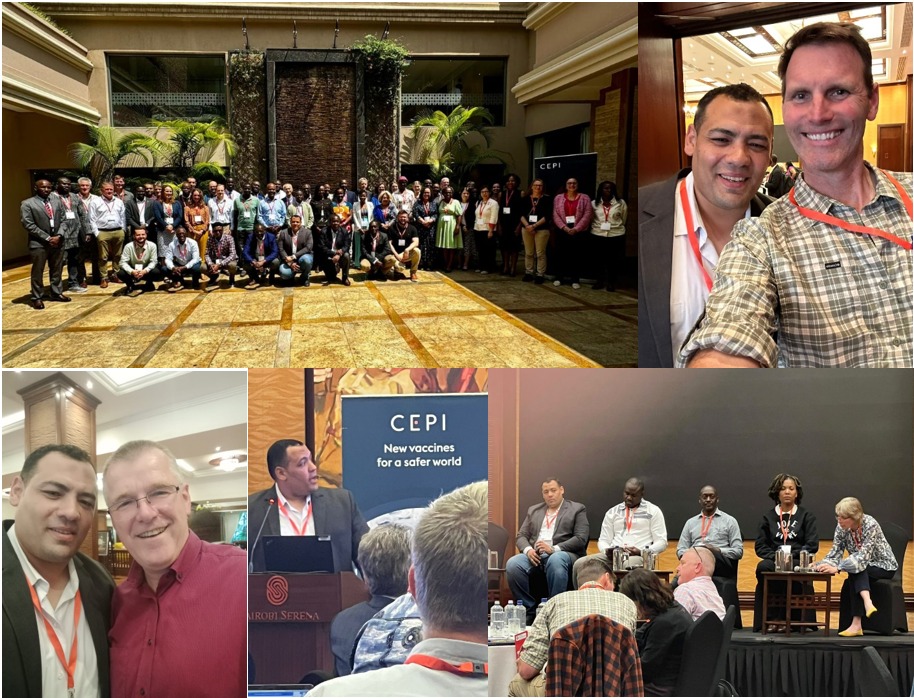 |
* International Partnerships and Conferences: Represented MASRI at key international conferences and forums, presenting our research and sharing knowledge on the importance of the One Health approach. The Unit’s international presence has solidified MASRI’s position as a thought leader in One Health, leading to collaborative opportunities with institutions in Europe, Asia, and Africa. The MASRI-One Health was a representative to Ain Shams University at the following conferences and meetings:
- Mobile Laboratory & Field Diagnostics Workshop, Pasteur Institute in Dakar, Senegal (Read More).
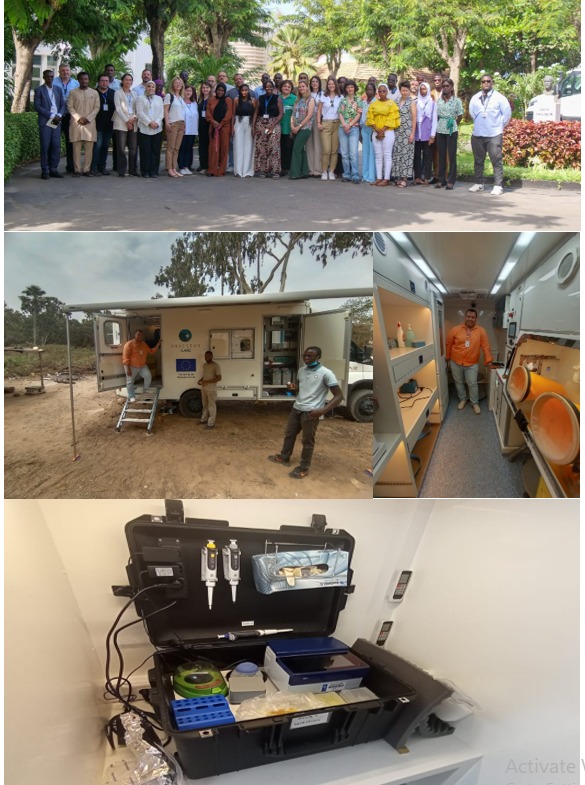 |
- MediLabSecure Global Meeting, Paris, France (Read More).
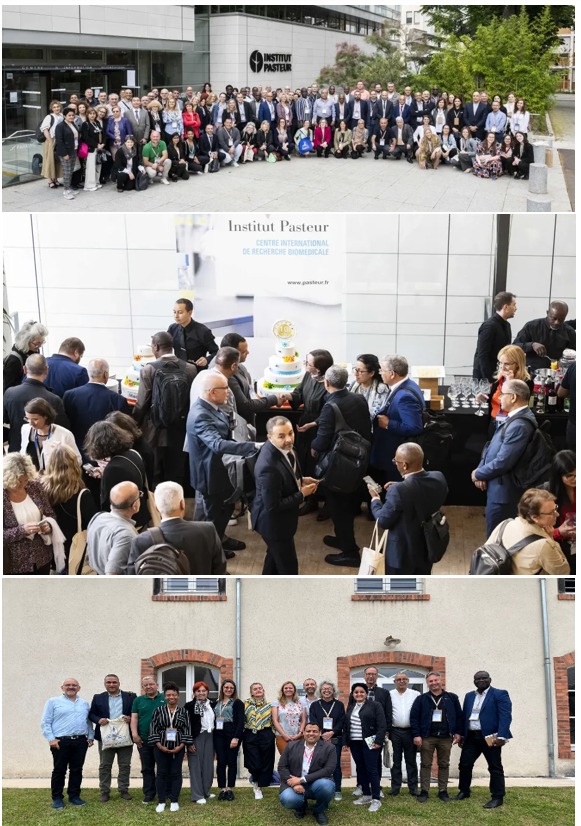 |
- 8th World One Health Congress in Cape Town (Read More).
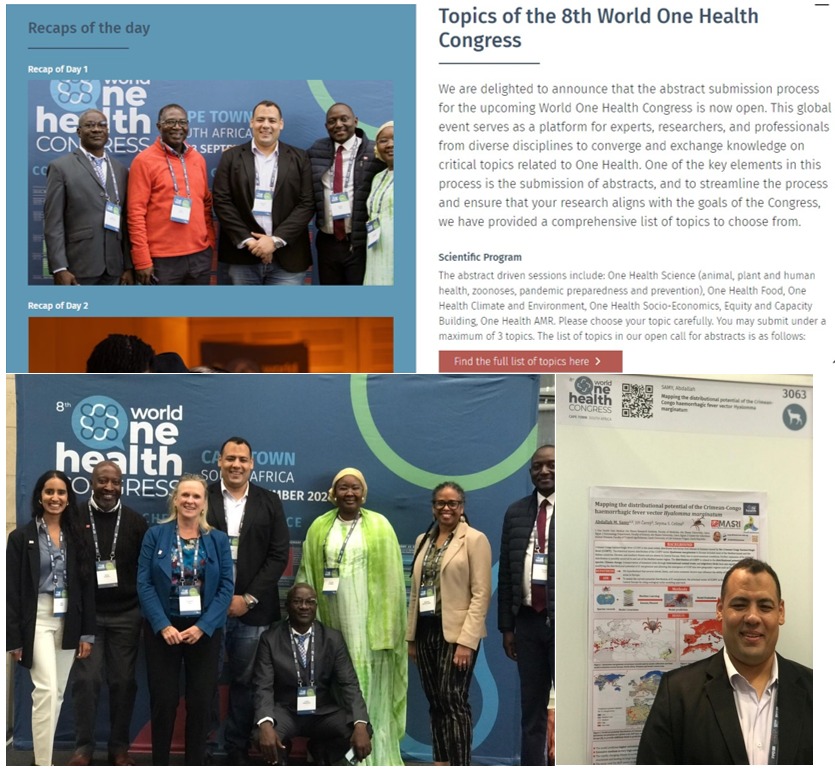 |
- Global Congress on Population, Health and Human Development 2024 (Read More).
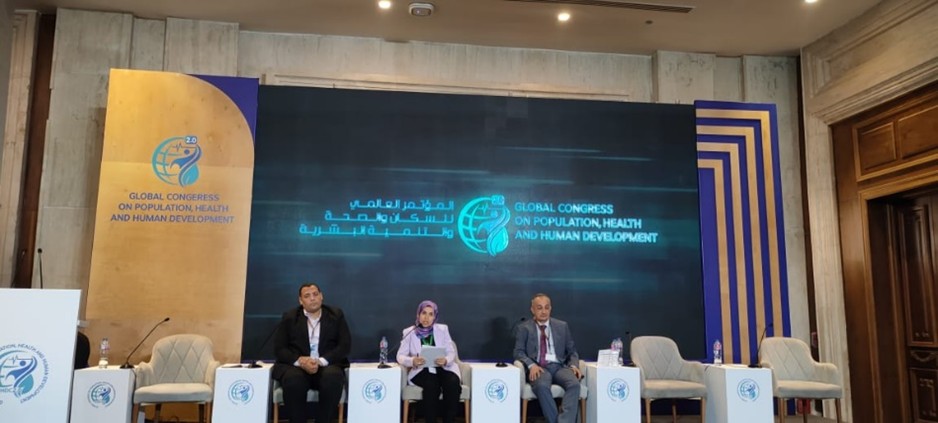 |
4. Infrastructure Development and Capacity Building
* Laboratory Enhancements: Upgraded laboratory facilities to enhance the detection and study of zoonotic pathogens, vector biology, and environmental contaminants. The improvements have expanded our diagnostic and analytical capabilities, positioning MASRI as a regional hub for One Health research.
* Community-Based Surveillance Networks: Established surveillance networks with community health workers, veterinarians, and agricultural stakeholders, which has improved real-time data collection on zoonotic diseases and environmental health hazards at the grassroots level.
Looking Ahead
The One Health Unit at MASRI remains committed to advancing health resilience across human, animal, and environmental domains. Our strategic goals include expanding cross-border collaborations, furthering our research on emerging infectious diseases, and enhancing our educational programs to equip the next generation of One Health practitioners.
In summary, the One Health Unit’s achievements underscore its pivotal role in advancing One Health within MASRI and beyond. Through research excellence, educational leadership, policy advocacy, and infrastructure improvements, we continue to drive transformative change that enhances health for all sectors.
About US
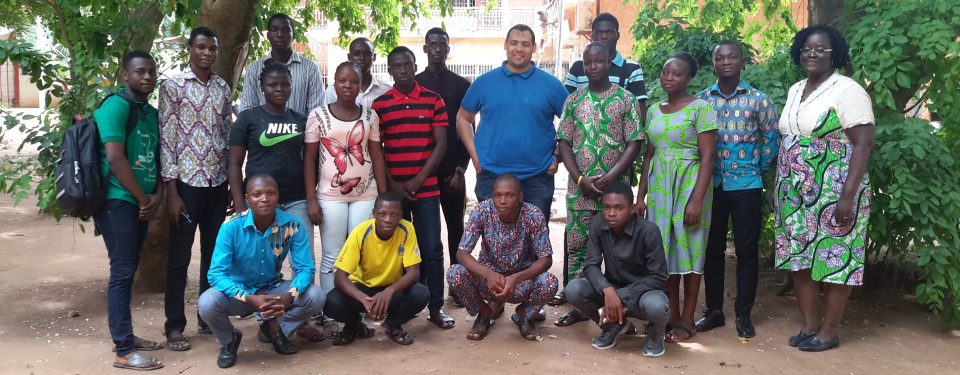 |
We accelerate global health innovation and cutting-edge discovery, improving the health of the most vulnerable populations while developing early warning solutions to critical health problems worldwide. Our multidisciplinary scientists lead national and international studies on infectious diseases, including vector-borne diseases (VBDs).
Capacity building is intrinsic to our research group, and we are proud to play a central role in international efforts to provide training and education in global research, both here in Egypt and beyond. We offer programmatic structure and mentorship, through our global sites and partnerships, and we are building the capacity of scientists and health professionals globally through meaningful and impactful training experiences.
We are deeply committed to improving the health of the most vulnerable populations in Egypt and around the world. We apply a multidisciplinary approach and bring together faculty, students, and staff from across Faculty of Medicine Medical Research Institute (MASRI) and international institutes to maximize natural collaborative interactions. Ongoing collaborations between our research group and other worldwide scientists seek to advance early warning systems on national, continental, and global levels.
Our research group uses the collaborative, multisectoral, and transdisciplinary One Health approach — working at the local, regional, national, and global levels — with the goal of achieving optimal health outcomes recognizing the interconnection between people, animals, plants, and their shared environment. Thus, it is necessary to improve the health and lives of people afflicted by infectious diseases through collaboration with other research groups at MASRI for the development of improved diagnostics and surveillance efforts in Egypt.
Our current research spans a range of scales of VBD dynamics and diseases:
Global:
* Predicting the potential for global geographic spread of arboviruses.
* Global mapping of mosquito-borne and tick-borne diseases.
* Assessing the impact of climate changes and population growth on VBDs.
* Develop disease burden estimates of infectious diseases.
National:
* Forecasting of dengue epidemics in Egypt, including the assessment of surveillance and control programs
* Understanding the environmental drivers impacting mycetoma transmission in Sudan.
* Phylogeographic insights into Rift Valley Fever in Egypt.
Population level:
* Inferring tick-borne pathogens transmitted in local human and animal populations.
* Inferring active vector surveillance in novel arbovirus areas in Egypt and Sudan.
Local:
* Assessing the vector biting behaviour for arbovirus transmissio
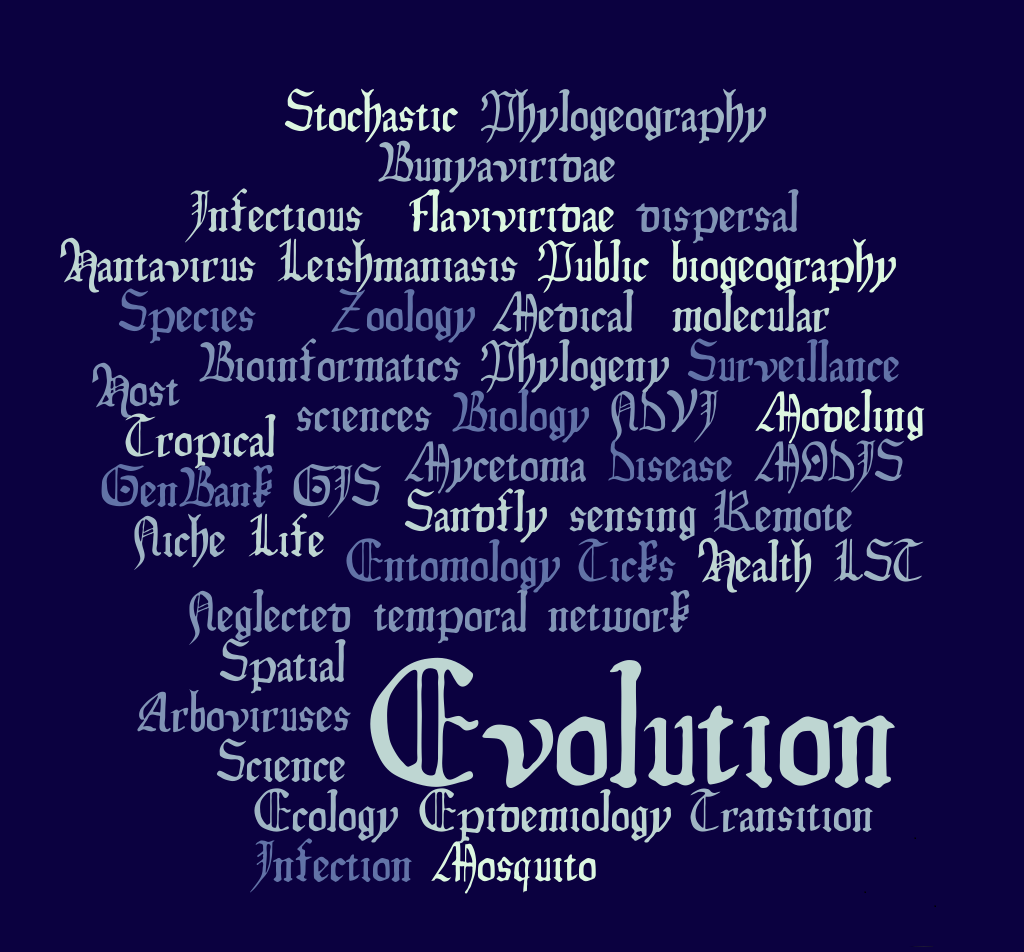 |
Stakeholders
Our lab is a member of the MediLabSecure network. The network includes 20 labs in Europe, and the Mediterranean and the Black Sea regions.
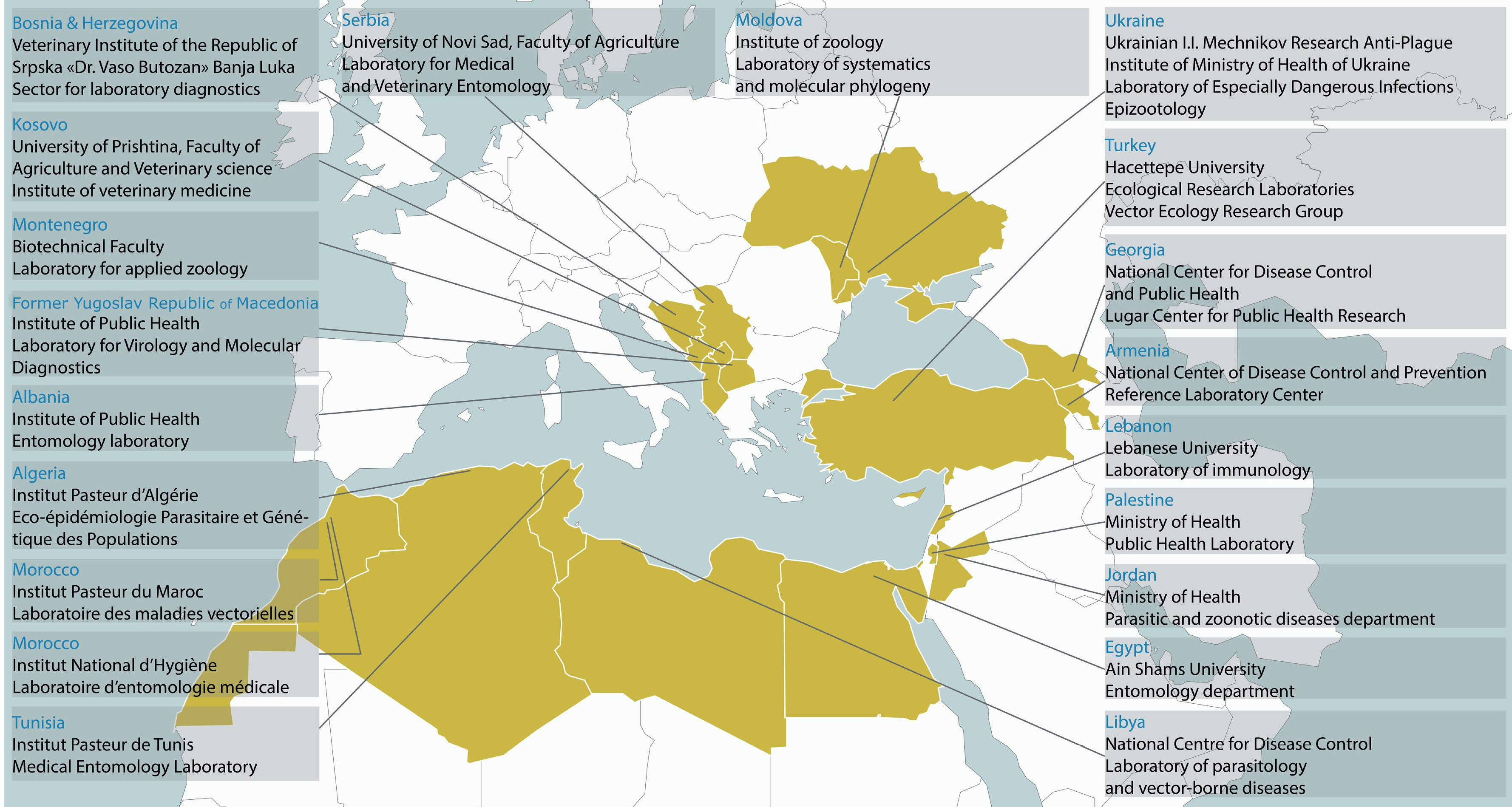 |
| University of Kansas | 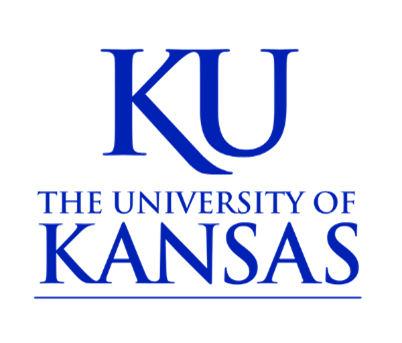 |
| Harvard University | 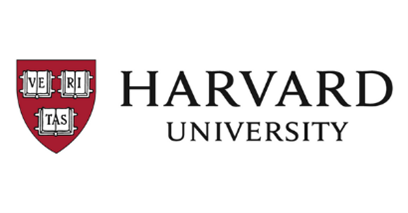 |
|
Oxford University |
 |
| Liverpool School of Tropical Medicine and Hygiene |
 |
| Washington University | 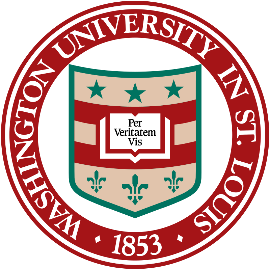 |
| Cambridge University |  |
|
University of Gottingen |
 |
| Bayreuth University | 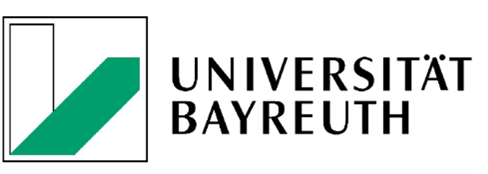 |
|
Pasteur Institute |
 |
|
Montpellier University |
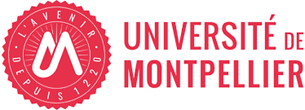 |
|
Pasteur Institute (Tunisia) |
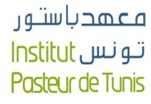 |
|
Pasteur Institute (Morocco) |
 |
|
Pasteur Institute (Algeria) |
 |
|
Pasteur Institute (Senegal) |
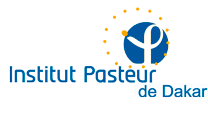 |
| Khartoum University | 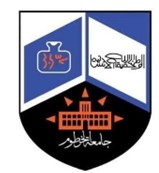 |
|
Institute of Endemic Diseases |
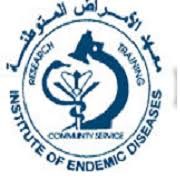 |
|
Sokoine University of Agriculture |
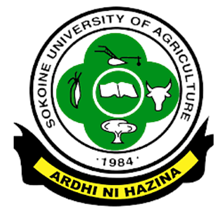 |
| University of California Berkeley |  |
| University of Florida | 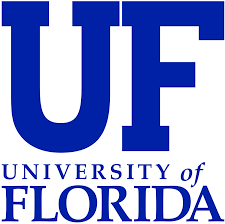 |
| University of Leipzig | 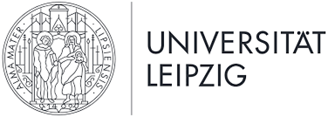 |
| University of Miami |  |
|
KEMRI Welcome Trust Center |
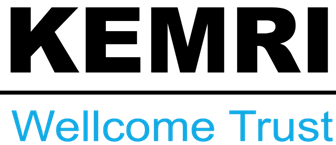 |
|
University of Abomey Calavi |
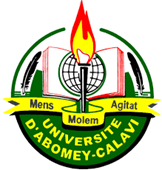 |
|
University of Pretoria |
 |
| University of Kansas | University of Kansas | Erasmus Medical Research Institute | |||||
|
|
|
|||||
| TOWN PETERSON | ABDELGHAFAR ALKISHE | WENDY VAN DE SANDE | |||||
| Universidad de Los Andes | Georg-August University | University of Stirling | |||||
|
|
|
|||||
| CAMILA GONZALEZ ROSAS | AHMED ABD EL WAHED | MANFRED WEIDMANN | |||||
| University of Campinas | Fundação Oswaldo Cruz | Khartoum University | |||||
|
|
|
|||||
| MARIA RITA DONALISION | CONSTANCIA AYRES | AHMED FAHAL |
One Health Staff
 |
Abdallah Samy, Director of the One Health Unit, Medical Ain Shams Research Institute (MASRI), Faculty of Medicine, Ain Shams University.
Dr. Samy is a leading researcher in the field of public health and Global health. His lab has expertise in public health, global health, one health and vector-borne diseases, disease burden analysis, and health economics. His research addresses several questions at the interface of ecology, epidemiology, public health, and global health. He is broadly interested in studying zoonosis, arboviral epidemiology, and the climate change that influences disease dynamics a spread. His lab uses an interdisciplinary and multi-faceted approach to research questions, typically using a combination of field and lab experiments, geographic information system, remote sensing, ecological modeling, and phylogeography. His current work on arboviruses and mosquito-borne diseases focuses on developing disease forecasts, understanding the major drivers of disease spread, and identifying the possible shifts at disease risk in response to global warming in the future. Dr. Samy serves as deputy editor for several international Journals, including PLOS Neglected Tropical Diseases. Read More
|
Shaimaa Abozeid, Doctoral Student,
|
Omar Mattar, Master student, |
Radwa Gamal, master’s student,
|
|
|
|
|
|
Abuzeid interests are focused on mosquito- and tick-borne diseases. She developed an interdisciplinary approach to assess Rift Valley Fever circulation in Egypt and finally developed a doctoral project to assess the epidemiology of tick vectors and their pathogens. She is involved in an important study published by the Lancet Infectious Diseases to assess the re-emergence of the dengue vector Aedes aegypti in a recent dengue focus on the eastern Egyptian border. |
Omar research interests focus on the epidemiology of arboviruses in Egypt and the region. His research assesses the distributional potential of West Nile Virus under diverse climatic scenarios in North Africa.
|
Radwa research is focused on vector control. She is interested in innovating new alternatives to safe vector control strategies.
|
Awards
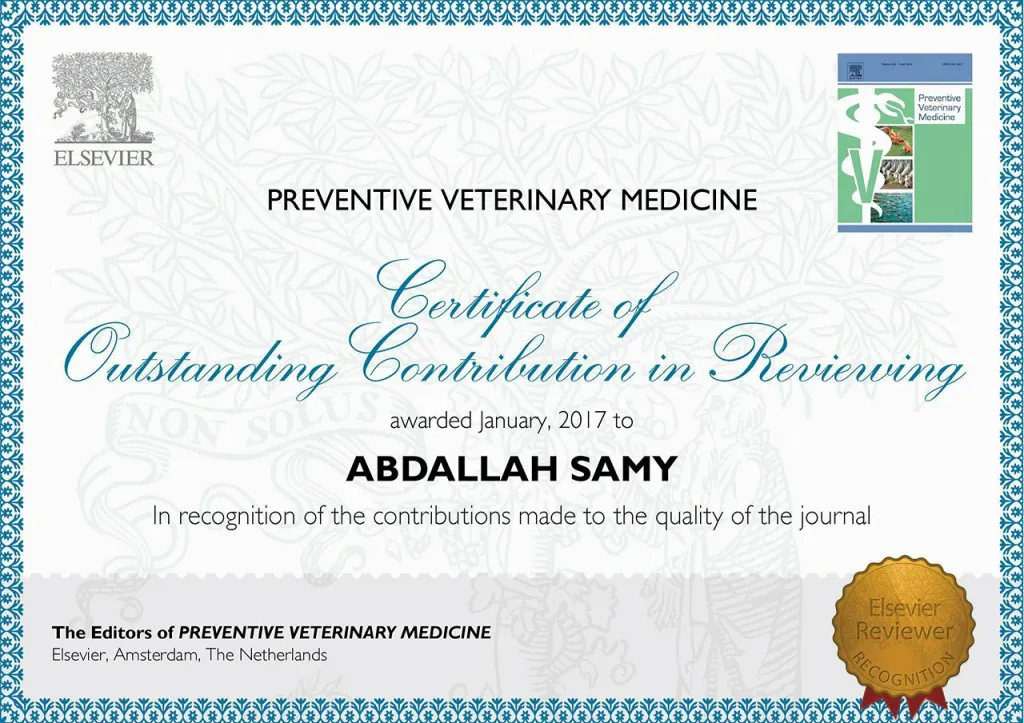 |
 |
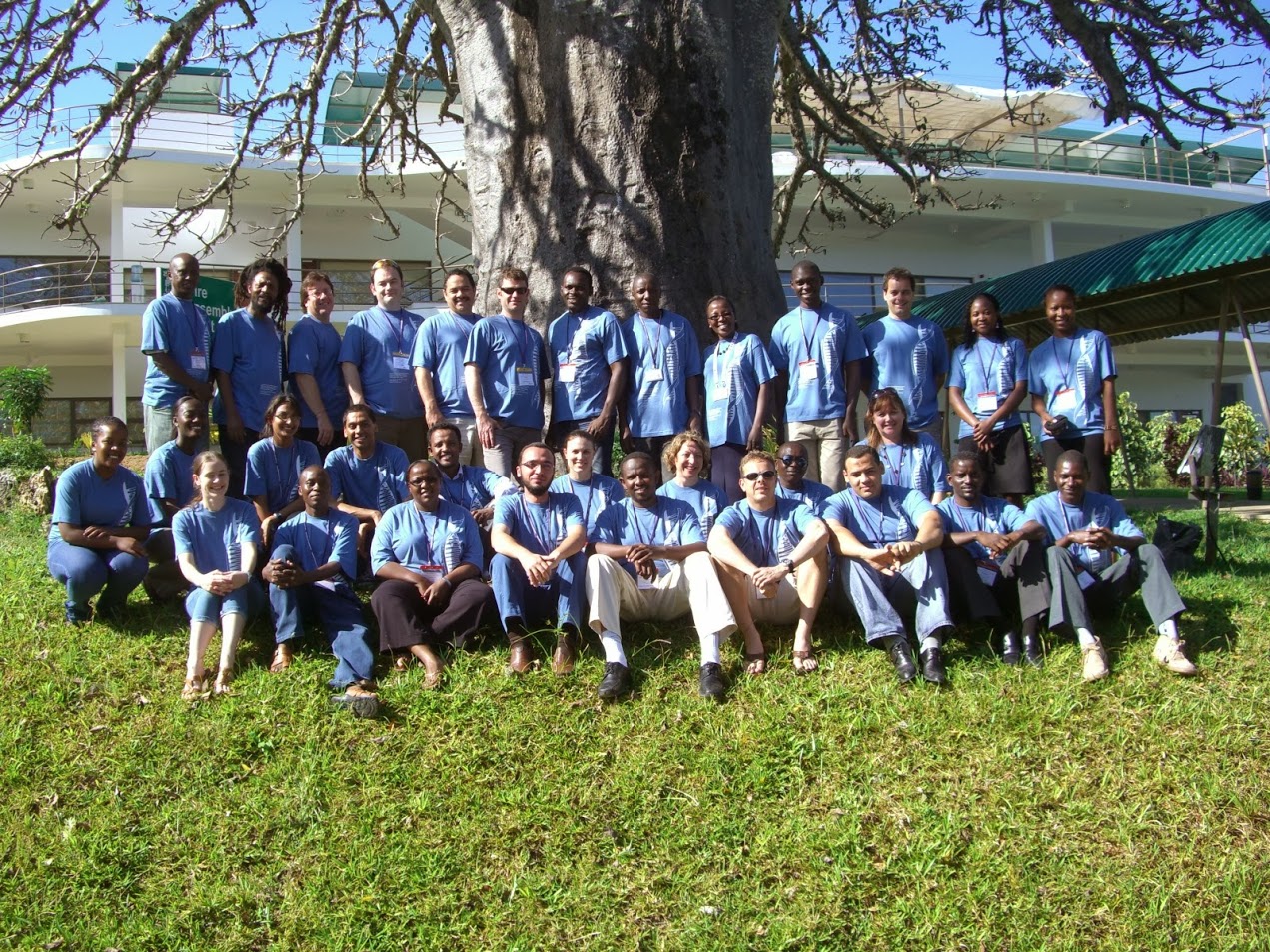 |
 |
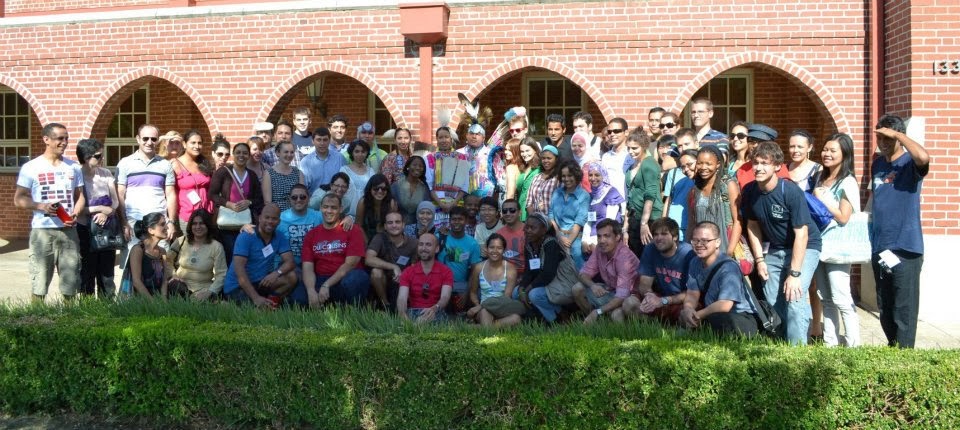 |
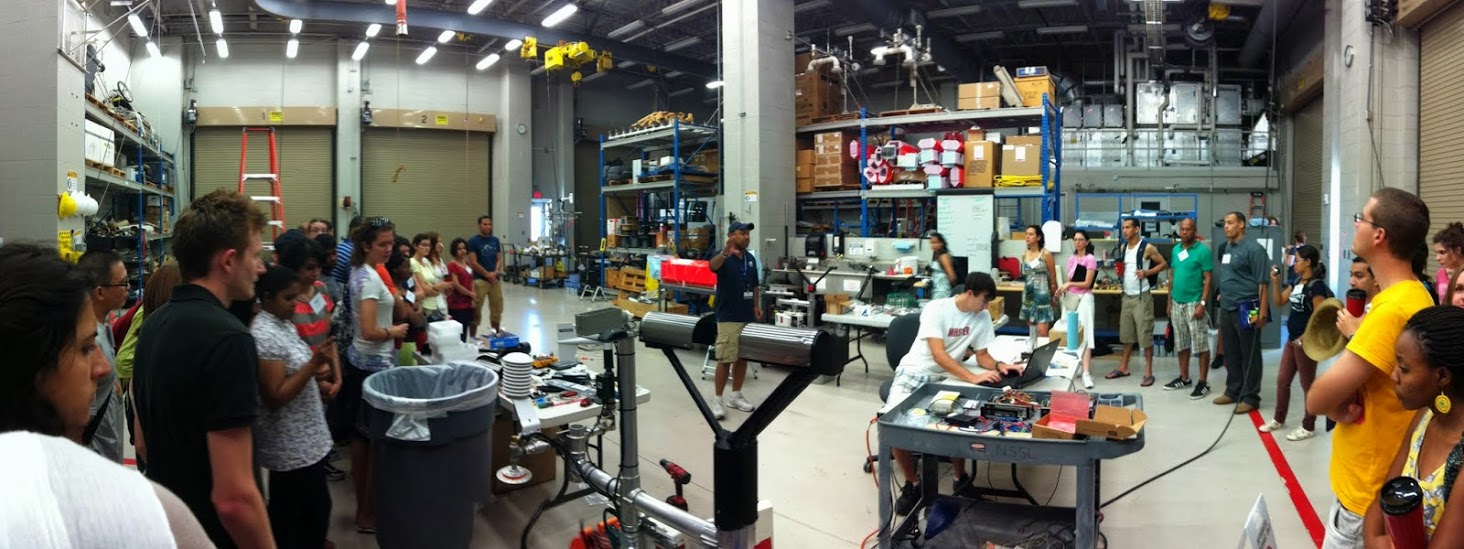 |
 |
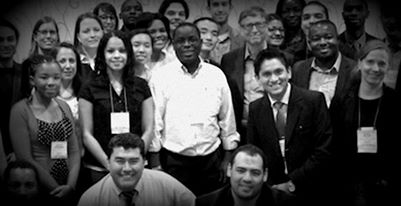 |
 |
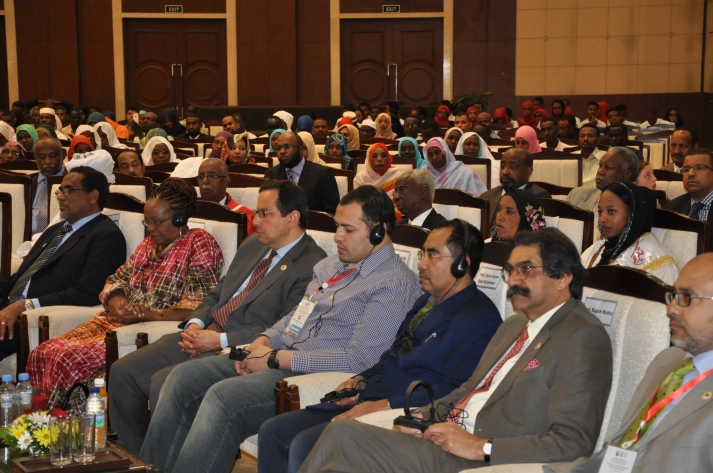 |
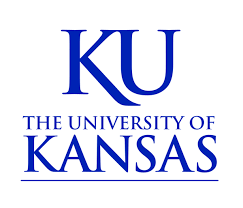 |
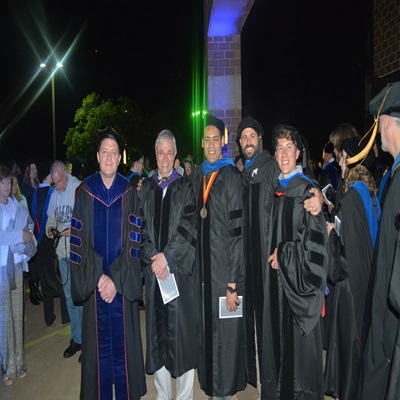 |
Under construction
News
|
|
September 2018 Dr. Samy will serve as a guest editor to the prestigious PLOS Neglected Tropical Diseases. Congratulation Dr. Samy!
|
|
|
|
September 2018 Dr. Samy published his recent paper entitled “Mapping the potential distributions of etiological agent, vectors, and reservoirs of Japanese Encephalitis in Asia and Australia”. The paper is published by Acta Tropica. Congratulation to our multi-center team from USA, Germany, and China. Read more
|
|
|
|
August 2018 Dr. Samy with other colleagues from the University of Göttingen and several other African Institutes just know that their proposal is accepted for funding by the German Research Foundation (DFG). Congratulation to all team members!
|
|
|
|
July 2018 Dr. Samy with other colleagues at the University of Bayreuth and University of Missouri School of Medicine instructed the international summer course entitled “Public Health and Global Change”. The course is offered by the University of Bayreuth Summer School in Bayreuth, Germany. Several countries are presented in the class; Germany, United States, United Kingdom, Brazil, Pakistan, and China (More).
|
|
|
|
June 29, 2018 Congratulation to Dr. Samy for his appointment as an academic editor to the prestigious Journal Plos One. Dr. Samy began his new appointment by handling several submitted papers since June 21, 2018. Congratulation to Dr. Samy!
|
|
|
|
May 23, 2018 Dr. Abdallah Samy published with other colleagues The Lancet paper entitled “Measuring performance on the Healthcare Access and Quality Index for 195 countries and territories and selected subnational locations: a systematic analysis from the Global Burden of Disease Study 2016”. Read the Full Article Via The Lancet.
|
|
|
|
May 14, 2018 Congratulation to Mrs. Abozeid who just know that her Master proposal is accepted for funding through the Academy of Scientific Research and Technology-Ain Shams University Faculty of Science joint scheme. Shaimaa obtained the highest score across all applicants from 11 Departments. Congratulation Shaimaa!
|
|
|
|
March 3, 2018 Dr. Abdallah Samy is recognized as “Outstanding Reviewer” from the Journal of Preventive Veterinary Medicine” in January 2017. He just received his certificate from Elsevier. Congratulation to Dr. Abdallah Samy!
|
|
|
|
February 22, 2018 Our lab is recognized by the University of Göttingen scientist in the first COSIMENA Agriculture Cluster Conference. Dr. Abd El Wahed from the University of Göttingen presented our lab capacity to study several neglected tropical diseases across the region.
|
Events
Workshops and Training Programs:
- * Mosquito-borne diseases training. Research and Training Center on Vectors of Diseases. Ain Shams University. Cairo, Egypt.
- * Spatial and Ecological Modeling of Infectious Diseases (SEMID). Research and Training Center on Vectors of Diseases. Ain Shams University. Cairo, Egypt.
- * New phylogenetic approaches in epidemiological applications. Egyptian Society of Virology and School of veterinary Medicine, Cairo University, Cairo, Egypt.
SEER Club:
Our group meeting is weekly. My group is going to meet every Monday at 13:00 to discuss different topics of interests and to share the results of their current projects.
Under construction
Join Us
The last few years have been marked by the emergence and spread of a number of infectious diseases across the globe. For example, outbreaks of Zika and chikungunya in the Americas, Ebola Virus Disease in West Africa and Wuhan coronavirus in China. These epidemics affected hundreds of millions of persons each year. These epidemics placed many challenges to the public health community to anticipate, assess, manage and control these epidemics.
In this context, we have a number of research projects for which we are seeking at least five students (2 Master students, and 3 Ph.D. students) and 2 postdocs. The projects will require the development of statistical models to analyze infectious disease data with complex transmission cycles. These projects aim to increase our understanding of how pathogens spread in populations, assess the impact of climate changes, assess host-pathogen and vector-pathogen, and support policy-making and optimize control strategies.
For more details about our research projects, please visit our webpage at https://seergroup.wordpress.com/
The applicants should be an Egyptian citizen who plans to enroll in graduate schools by next year.
The postdocs will be supervised by Dr. Abdallah Samy. Applicants will be given a one-year training with the possibility to give the student opportunities for orientation through different laboratories distributed across the country. Each applicant will have the opportunity to publish his research in international peer-reviewed Journals.
Interested candidates should contact Dr. Abdallah Samy (samy@med.asu.edu.eg) with a CV, statement of interest, and contact details of two referees. The referees will be contacted directly after the interviews.

